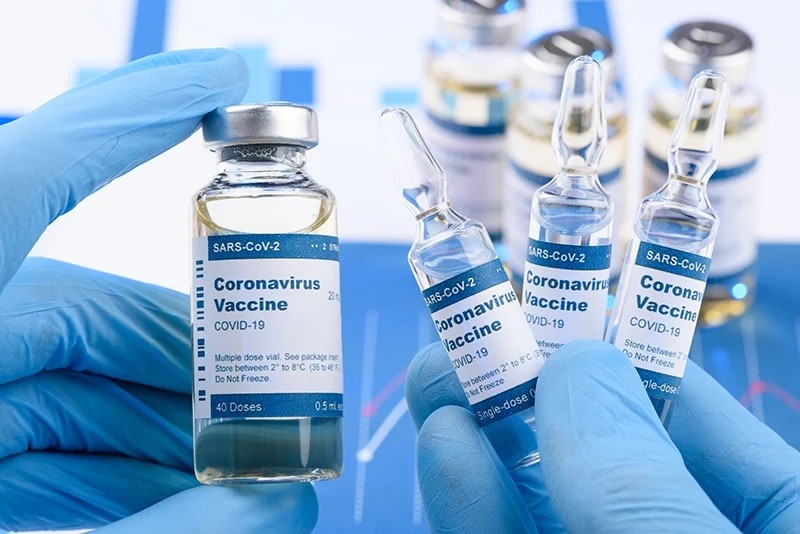In December of 2020, the European Medicines Agency (EMA) was allegedly the victim of a cyberattack as they were reviewing documents received from Pfizer regarding their mRNA COVID vaccine trials in preparation for issuing emergency use approval for the vaccine in Europe.
More than 40 megabytes of classified information was allegedly published on the dark web, and sent to several journalists, including The BMJ which just published a review of the leaked documents last week.
One of the key issues revealed in the leaked documents, according to The BMJ, was that European regulators had major concerns over unexpectedly low quantities of intact mRNA in batches of the vaccine developed for commercial production. Some batches were as low as only 55% intact.
The BMJ asked Pfizer, Moderna, and CureVac, as well as several regulators, what percentage mRNA integrity they consider acceptable for vaccines against covid-19. None offered any specifics.
The Medicines and Healthcare products Regulatory Agency, the UK’s medicines regulator, acknowledged the lack of a specified percentage RNA integrity, but declined to provide further detail.
“The specification limit acceptance criteria are commercially confidential,” the agency said in an email.
The US Food and Drug Administration (FDA) directed The BMJ to read its guidance documents and its review of Pfizer’s vaccine, but none of these specify the percentage RNA the agency is requiring.
Asked to comment, the regulator pointed to Pfizer:
“information that you seek that is not addressed in the FDA Review Memorandum should be directed to Pfizer.”
In subsequent correspondence, FDA, EMA, and Canadian government department Health Canada all stated that specific information related to the acceptability criteria is confidential.
Pfizer also declined to comment on what percentage mRNA integrity it is aiming for, nor would it address questions about the cause of the unexpectedly low percentage mRNA integrity in certain batches, leaving open the question of whether it could happen again.
Moderna’s chief corporate affairs officer Ray Jordan declined to respond to any of The BMJ’s questions, stating: “At this point, Moderna will not be offering additional commentary on these topics.”
Dr. Meryl Nass, M.D. commented:
“I am flummoxed by the lack of interest shown by a public that wants its vaccines but doesn’t want to know anything about what is being injected into them and what the long-term effects will be?
Why aren’t citizens saying that of course they want to gain immunity, but demanding to know a lot more about these products before they are irretrievably vaccinated?”
